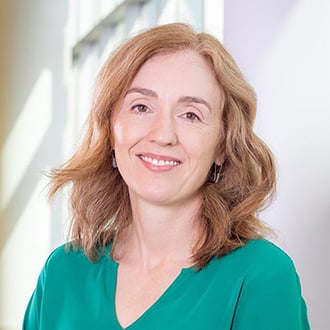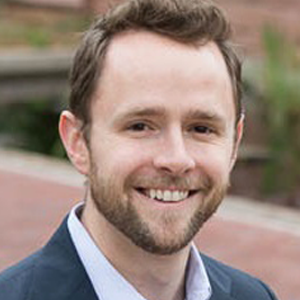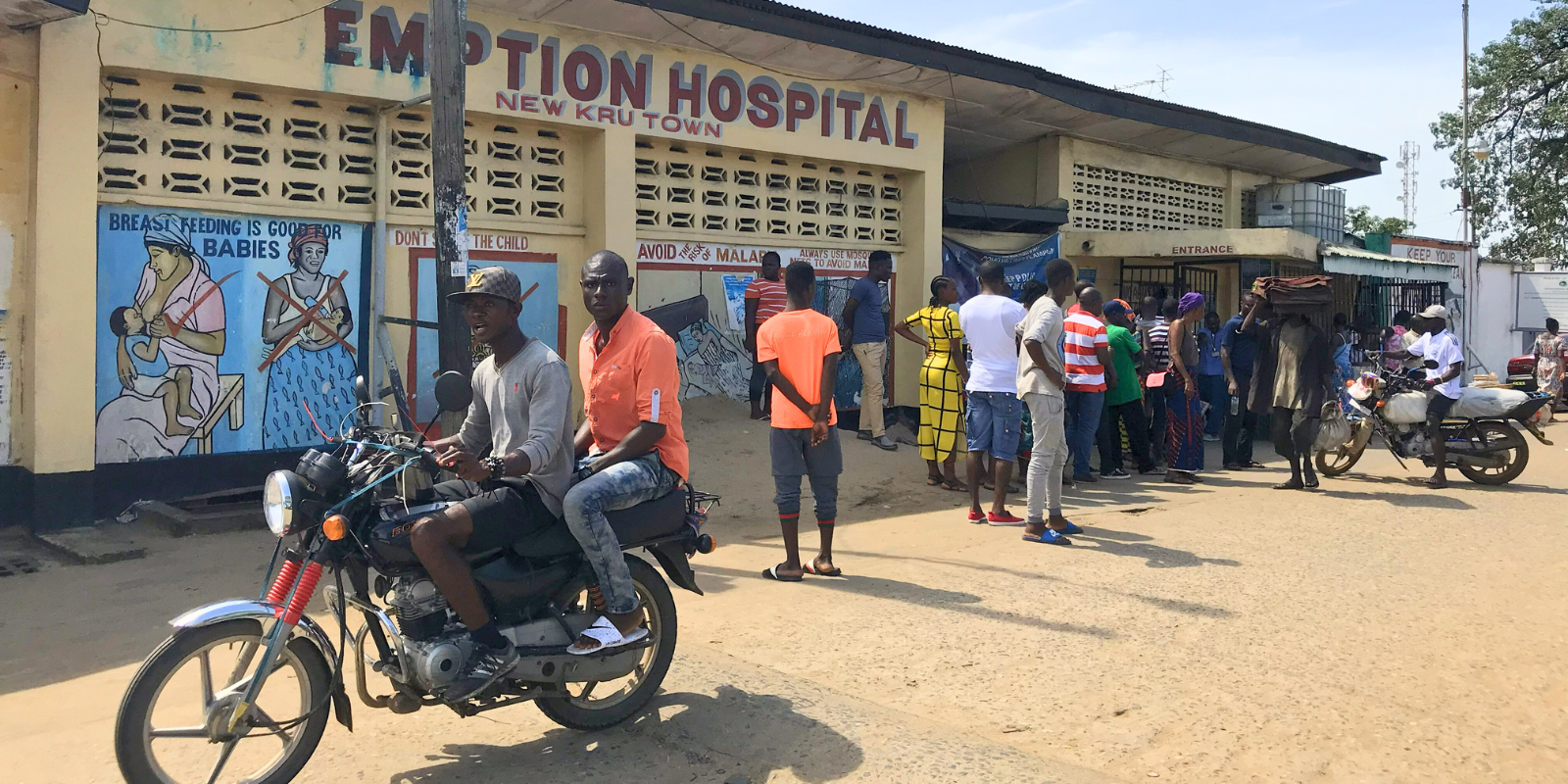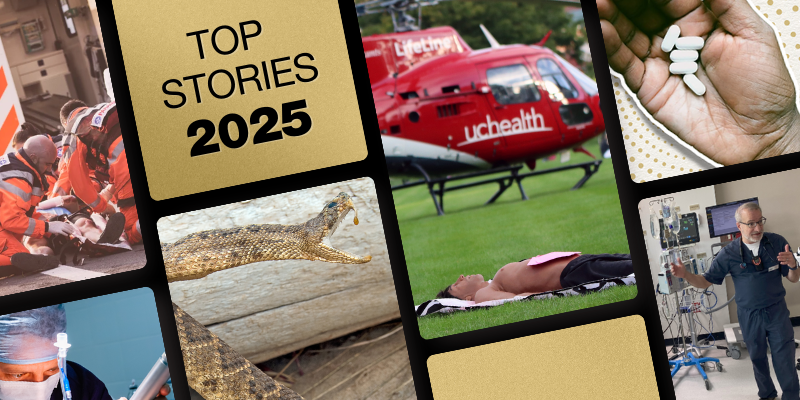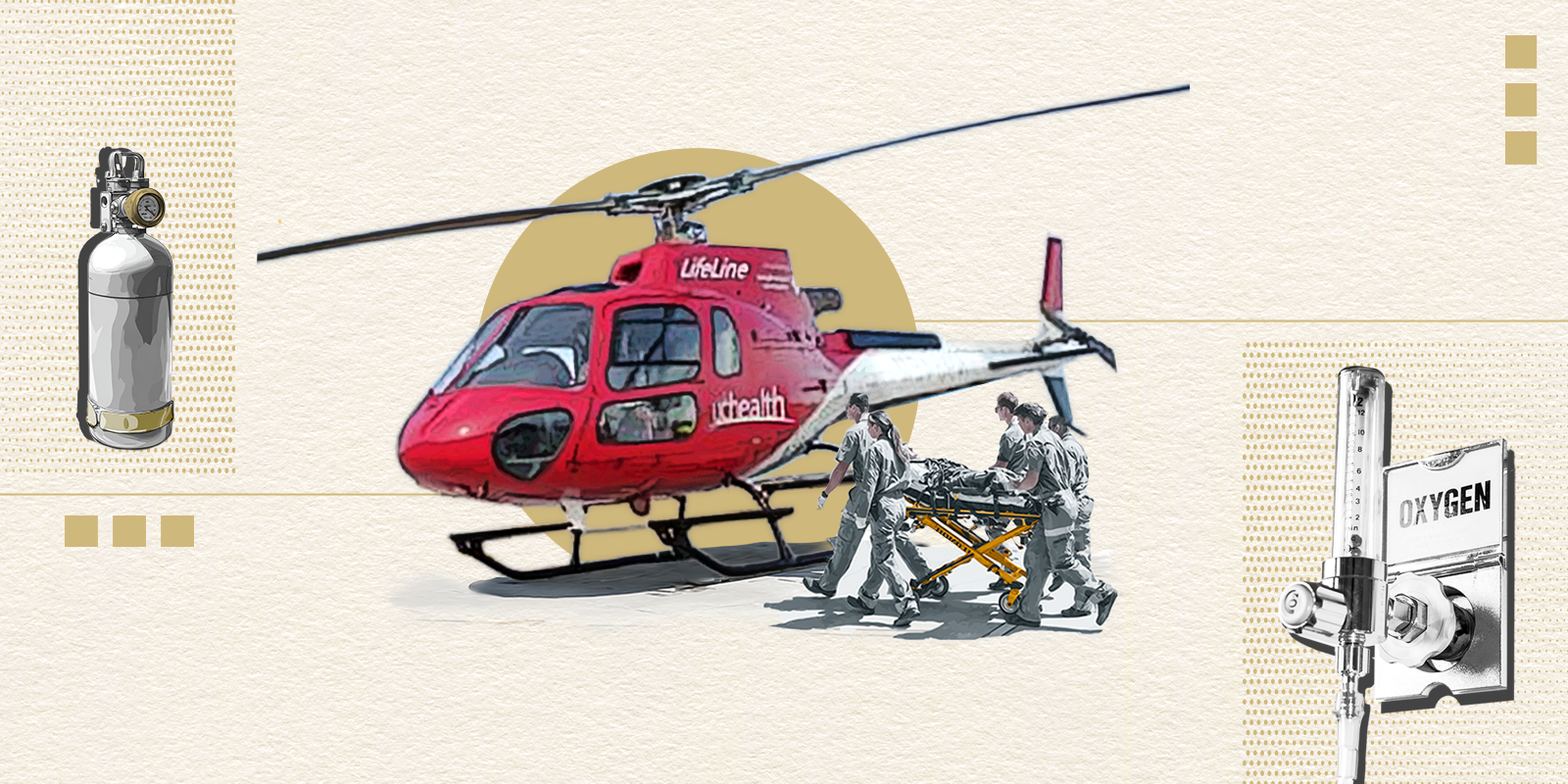Christopher Knoepke, PhD, MSW, LCSW, law enforcement lead for the University of Colorado School of Medicine’s Firearm Injury Prevention Initiative, received a two-year grant from the Fund for a Safer Future and is leading a project with the Colorado Attorney General’s office and law enforcement agencies throughout the state to create new videos and discussion guides on extreme risk protection orders (ERPOs).
ERPOs, often known as “red flag laws,” allow families and law enforcement to request a court to temporarily restrict firearm access for individuals at with imminent risk of harming themselves or others. ERPOs are an option when other voluntary approaches have failed.
ERPOs are relatively new for many states; Colorado’s ERPO law went into effect on January 1, 2020. Researchers within the initiative wanted to understand the usage of the law during the first year of implementation and found that most ERPOs were submitted by law enforcement. Through the study, they discovered that one of the key factors missing in implementing the new law was that training materials for law enforcement officials needed to help better explain the use cases and purpose of ERPOs.
“We want to maintain the trust with our communities across the state, and that starts with understanding their standpoint and usage of the new laws,” Knoepke says. “While we are excited to help implement these new trainings, we must reiterate the importance of preserving a person's rights and using the ERPO as a last resort, only if absolutely necessary.”
Region-specific research
The two-year grant will give Knoepke and his research team the opportunity to closely collaborate with state government, law enforcement, and communities, which is crucial when implementing these types of laws.
The project involves surveying communities across the state to gather perspectives on the new law. The team will then evaluate each ERPO petition over the past two years to understand its usage, whether it was granted or denied by a judge, and what happened to the respondent who received the ERPO. Lastly, training videos and discussion guides will be created with information gathered from the survey and ERPO usage review with input from law enforcement agencies and the Colorado Attorney General’s office.
Knoepke says Colorado’s experience implementing the law in its first year highlighted the opportunity to work closer with rural communities.
“If you look at firearm ownership across Colorado, rural areas have higher ownership than condensed metro areas,” Knoepke says. “The risk for suicide isn’t concentrated in these metro areas, and recent research actually points to more risk for firearm deaths in rural, heavier firearm-owning communities nationally. It’s very likely these communities and law enforcement agencies need more support on implementation.”
The uneven use of ERPOs across the state is likely due to different use among law enforcement across the state and community awareness of the issues, Knoepke explains.
“We shouldn’t expect every law enforcement agency to have the same understanding of the new law, and that’s because the needs vary from county to county,” he says. “The officers need tailored training and insight to how their community members understand the new law. The perspectives could help them grasp potential issues at a local level.”
The trainings will be piloted through the Peace Officer Standards and Training program, the official program used to train law enforcement officers. Knoepke also recruited a panel of sheriffs and police chiefs to receive feedback on the trainings, and the Colorado Attorney General’s office recruited law enforcement agencies to get a broad understanding of how the officers interpret the videos, discussion guides, and design.
Leading ERPO research
“We are at a unique, yet terrifying and critical point in time where there is a rise in understanding firearm injury prevention,” Knoepke says. “We’re still early on in advancing the science around firearm injury prevention and translating it to the public, health care providers, and law enforcement, but that is our core mission at the initiative.”
This year, Colorado expanded the ERPO law to allow medical and behavioral health professionals to submit ERPOs. This addition to the law is critical, Knoepke says, but like other interventions, there are many other methods health care providers should consider first before submitting an ERPO petition.
“We are at a unique, yet terrifying and critical point in time where there is a rise in understanding firearm injury prevention,” Knoepke says. “We’re still early on in advancing the science around firearm injury prevention and translating it to the public, health care providers, and law enforcement, but that is our core mission at the initiative.
The Firearm Injury Prevention Initiative is also working to study patterns of respondents after they were granted ERPOs. Additionally, initiative researchers are involved in a multi-state evaluation on whether ERPOs have an impact more broadly on firearm violence.
“In the initiative, we’re committed to partnering with communities, law enforcement, and other stakeholders to find effective, acceptable ways to prevent firearm-related injury and deaths,” says Emmy Betz, MD, MPH, director of the Firearm Injury Prevention Initiative and professor of emergency medicine in the CU School of Medicine.

